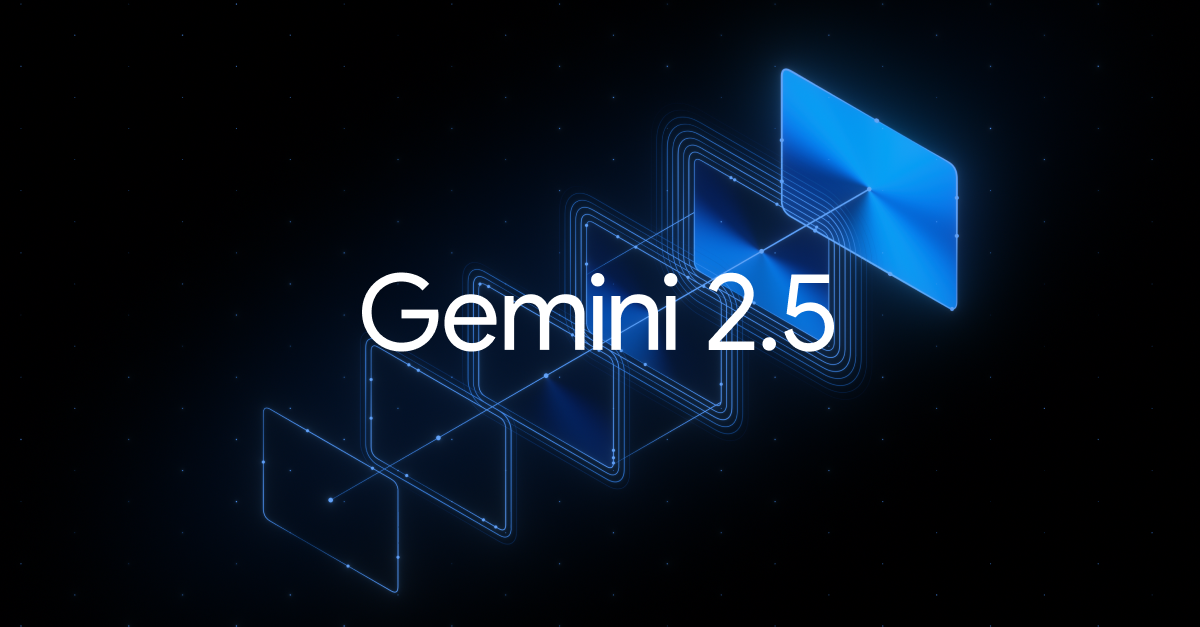Samsung might launch real Hi-Fi wireless earbuds using UWB. Here's why that is a great idea.
Way better than Bluetooth.
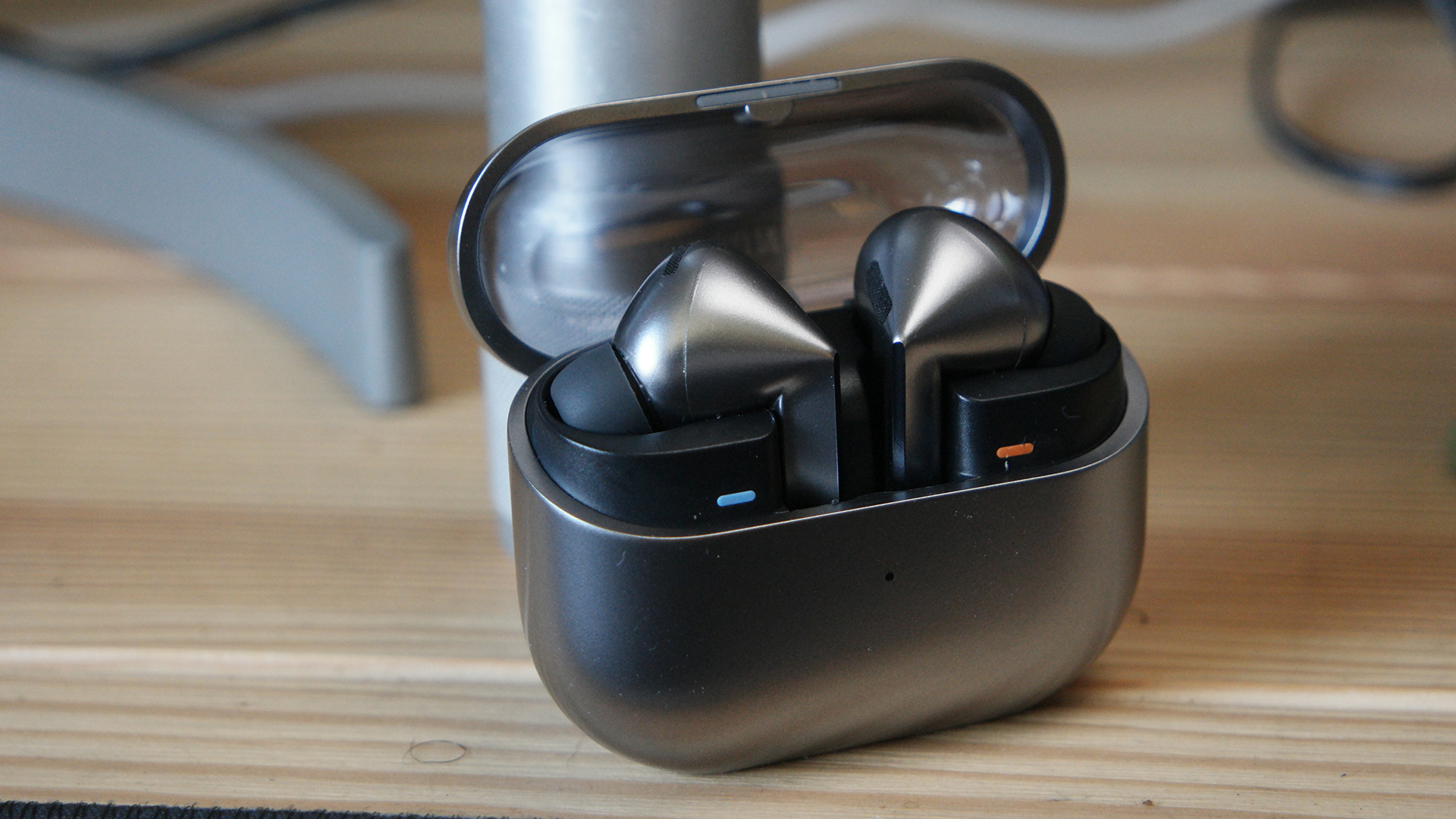
There is a report that Samsung is preparing to launch a set of earbuds that use UWB (Ultra-Wide Band radios) to allow for mountains more music data to make its way to your ears. I have no idea if this is true and, if it is, when Samsung might launch a product like this, but I do know the company has filed a patent to do just that. I also know it is a fabulous idea that needs to happen.
This would fix the one flaw with Bluetooth headphones — poor bandwidth. That's a pretty big deal.
What is UWB?
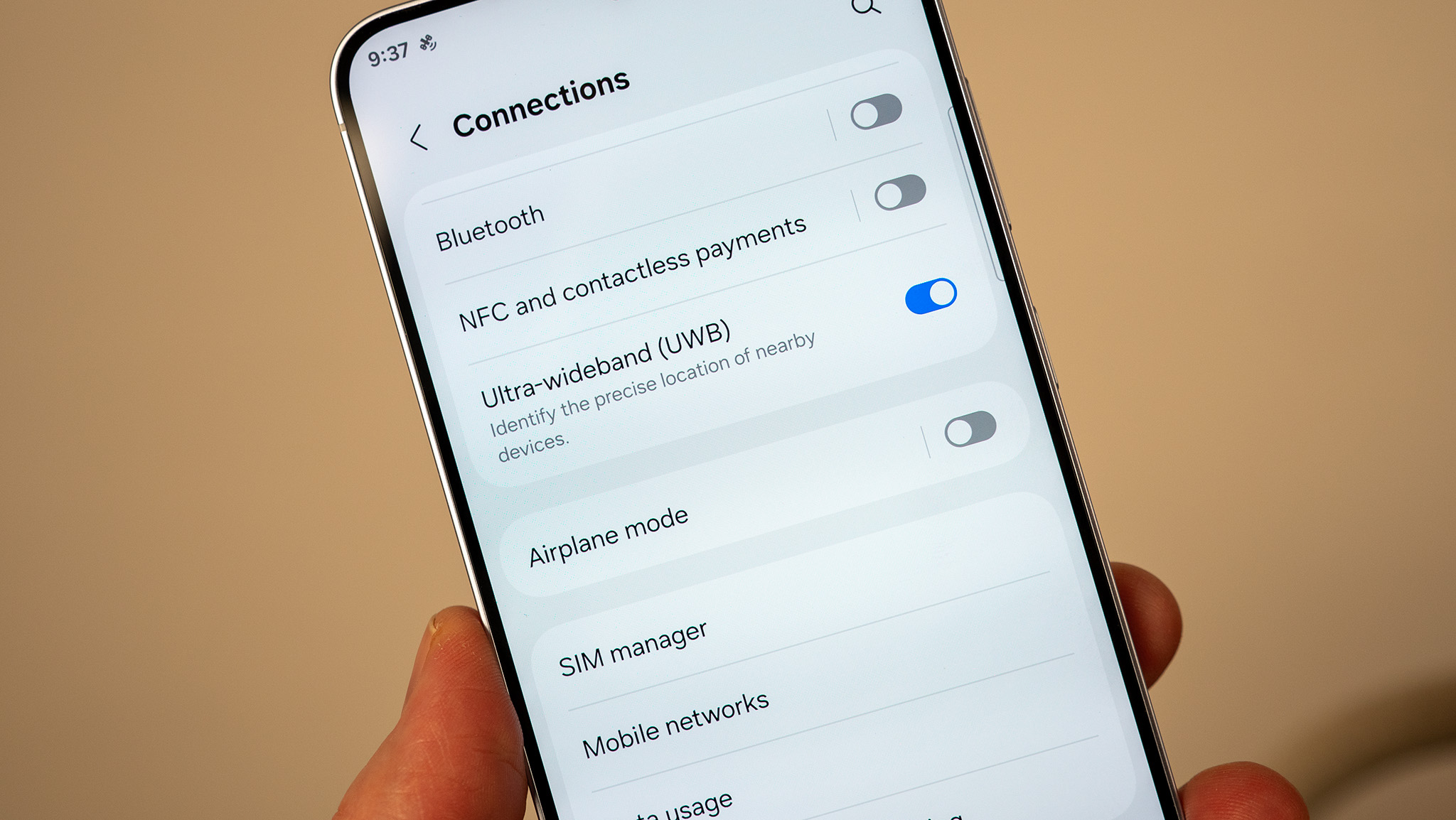
UWB is a radio tech that uses high-bandwidth and short-range radios to send a lot of data from one device to another. If you're the engineering or ham radio type of person, it's simply a new name for pulse radio >500 MHz with a complete set of standards.
You probably know that phone carriers use UWB to send 5G signals and are probably disappointed by the results. UWB for 5G can be great (and probably is in a few places), but what it has in bandwidth is that it lacks in range.
The theoretical range of a UWB signal is 200 meters or about 650 feet. The realistic range is 50 meters with an uninterrupted line of sight. UWB for 5G does work, but it works best with cell sites every 30-40 meters placed above vehicle and foot traffic. Since that's hard to do, UWB 5G can be spotty and finicky unless you're in the sweet spot.
UWB is not just for cellular radios, though. It transfers data across a very wide slice of bandwidth, meaning it can send lots of it very fast. It doesn't care what the data is — it might be phone data from your carrier, it could be a signal to unlock a door, or it could be talking to a device tracker. It's just really good at sending big bursts of data over short distances and doing it without using a lot of power.
Why use it for headphones?
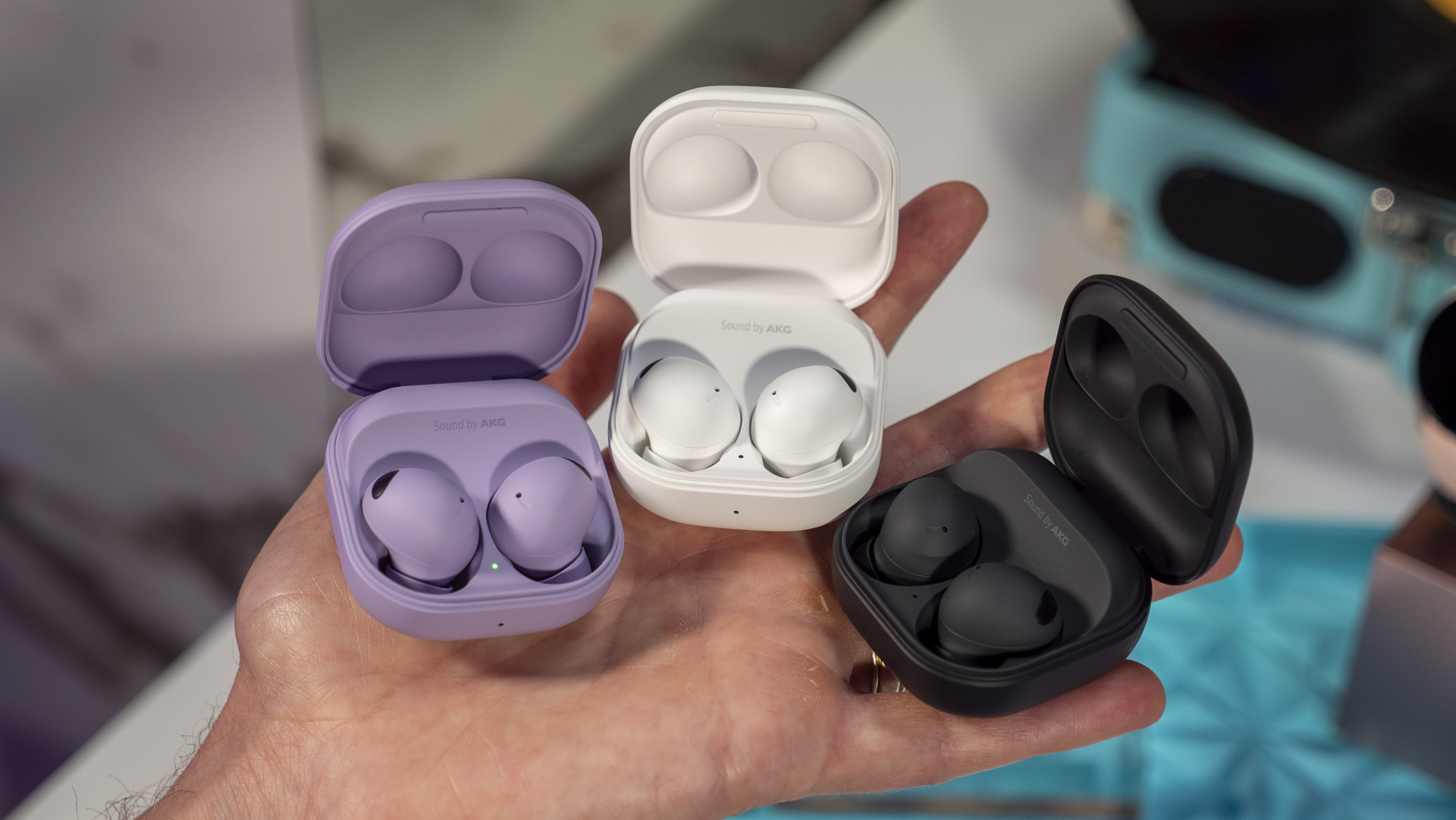
Using UWB for wireless headphones is both a great idea and a potentially costly one. Let's get the bad news out of the way first.
Be an expert in 5 minutes
Get the latest news from Android Central, your trusted companion in the world of Android
Right now, not every phone supports UWB. Most new Galaxy S models offer it, as does the iPhone, then the list gets a lot slimmer. Google Pixels have it, as do some phones from Xiaomi. I'm sure some phone I can't think of supports it, too, but the idea is that the list is short, and there aren't any real budget models with it. You and I might like our "flagship" phones, but those budget models make up the bulk of the 4 billion phones that are in use today.
So, most phones won't be able to take advantage of anything these rumored headphones have to offer. And they are going to be expensive, at least until the cost to develop them has been offset by a little profit. Apple can get away with telling its customers they have to buy this shiny new thing, but Samsung can't. The product could bomb as soon as it's released, even if it works perfectly. That's a costly mistake that will make some heads roll in Korea.
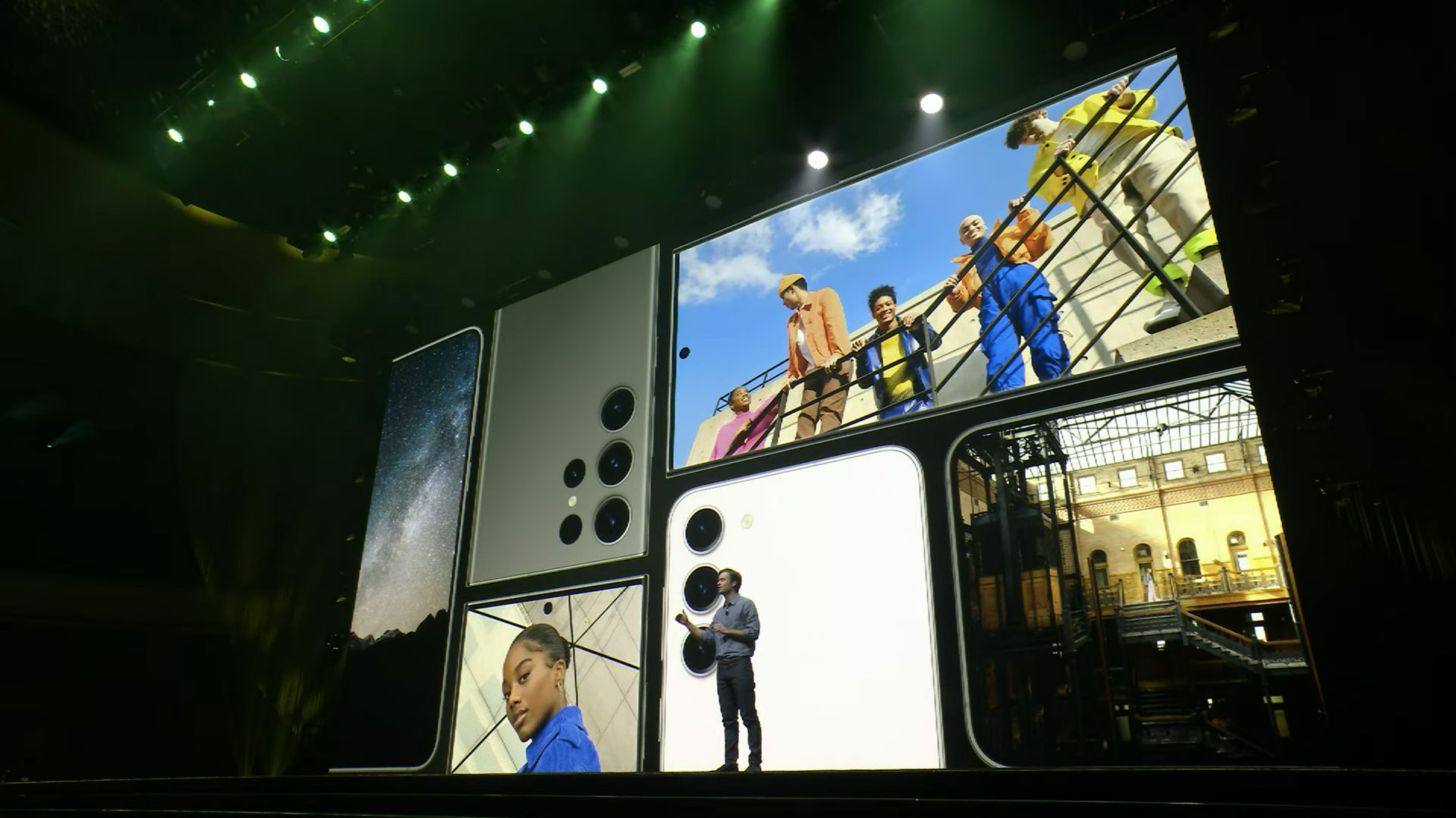
I'm going to ignore the "bad idea" part of this rumor because I like the "good idea" part so much. You probably shouldn't do that and do the whole grain of salt thing.
The problem with Bluetooth headphones of any shape or size is that they sound terrible. You might think they sound OK, but they still sound terrible, especially when trying to reproduce very high-frequency or very low-frequency sounds or sounds of multiple frequencies at the same time.
This isn't a "feelings" thing, either. They sound worse than wired headphones because of Bluetooth's terrible bandwidth. Companies have tried new codecs (encoder/decoder, a way to compress music at its source and decompress it at the destination) to fight this, and they do help. Bluetooth sounds a lot better than it used to sound.
If the connection between the source (your phone) and the receiver (the headphones) had a higher bandwidth connection, it would be a lot easier to fix that terrible-sounding music. A stream of digital music is just data. It's the same as uploading a picture to Instagram or filing your homework in an online portal — ones and zeros fly across space and time. When more ones and more zeros can fly, we see faster data rates. Music would be the same — it could sound better because more of it can be sent.
Headphones are an excellent platform for UWB because of the tech's limitations: short range, optimal with a line of sight. You're going to be within 50 meters of your phone while listening to music wirelessly, and your phone in your back pocket is still mostly in the line of sight of the headphones. UWB is really good at passing through the human body, which is why a RayBaby infant health monitor works so well.
I really hope Samsung ends up making the things and the product survives long enough to become mainstream. I doubt you would be able to send uncompressed audio data over UWB, and more bandwidth means ample room for better codecs that allow more sound to be transferred on the go.
I'd buy a pair, and I might be able to cut yet another cord — the one to my headphones.

Jerry is an amateur woodworker and struggling shade tree mechanic. There's nothing he can't take apart, but many things he can't reassemble. You'll find him writing and speaking his loud opinion on Android Central and occasionally on Threads.
You must confirm your public display name before commenting
Please logout and then login again, you will then be prompted to enter your display name.
